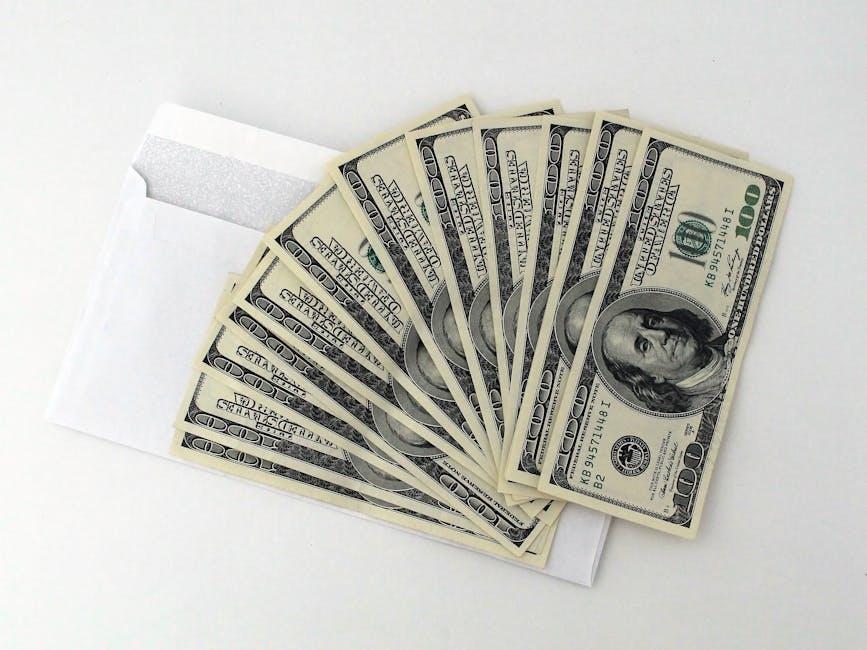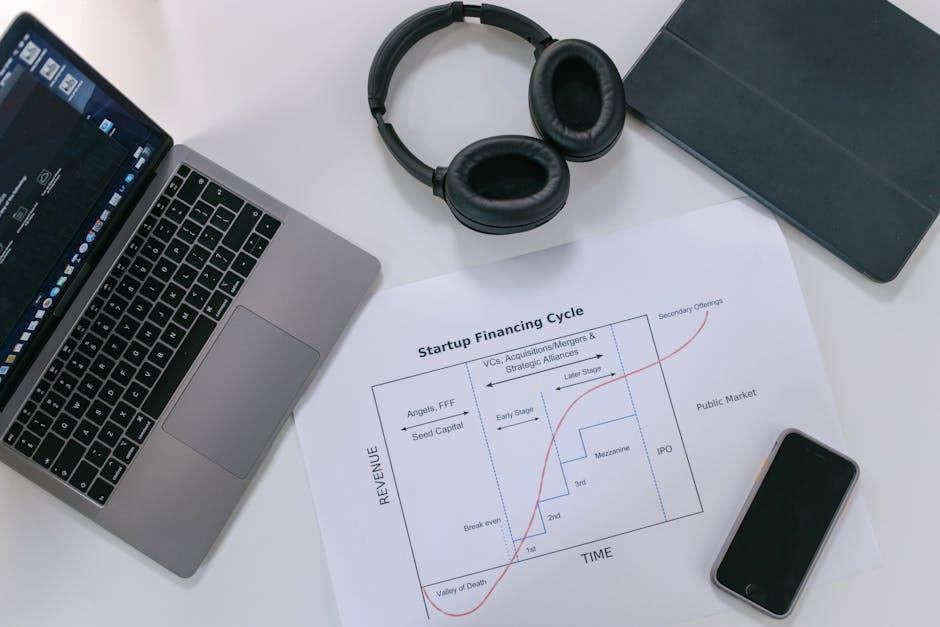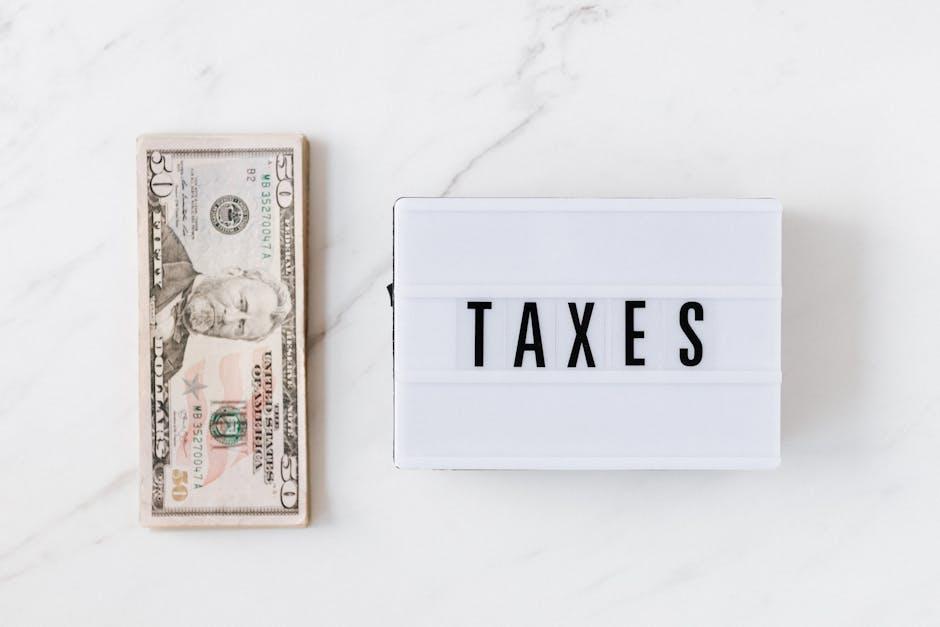Curious about the actual dollar signs behind your favorite YouTubers? You’re not alone! It seems like every time you scroll through your feed, there’s yet another creator flaunting their lavish lifestyle, and it can leave you wondering—just how much are they raking in? Spoiler alert: It’s a lot more complex than a simple “likes equal dollars” equation. Let’s dive in, peel back the layers, and take a closer look at the money machine that is YouTube. From ad revenue to sponsorship deals, we’ll break it all down so you can grasp the real financial picture of those familiar faces lighting up the screen. Grab your virtual calculator; it’s time to demystify the YouTube money game!
What Determines a YouTuber’s Earnings Potential
When it comes to how much dough a YouTuber can rake in, it’s really a game of numbers, audience engagement, and a dash of creativity. A channel’s earnings largely depend on factors like view count, subscriber base, and niche. You see, videos with high engagement not only attract more views but also encourage advertisers to shell out more for ad placements. Think of it as a garden: the more diverse and well-tended it is, the more it flourishes. Advertisers are like bees buzzing around a vibrant flower patch; they prefer channels that attract a lot of viewers and keep them coming back for more. Plus, certain niches, like finance or tech, might pull in higher CPMs (cost per thousand impressions) than other areas like vlogs or comedy, simply because advertisers are willing to pay top dollar for those specific audiences.
But that’s just the tip of the iceberg. Don’t forget about additional revenue streams that can sweeten the pot. Many YouTubers dive into merchandising, sponsorships, and affiliate marketing, which can significantly boost their income beyond just ad revenue. For example:
- Merchandising: Selling branded gear or products to fans.
- Sponsorships: Collaborating with brands that match their audience.
- Affiliate Marketing: Earning a commission by promoting others’ products.
So, as you can see, a YouTuber’s potential earnings are as layered as a well-made lasagna, combining various ingredients to create a delicious outcome that keeps them—and their fans—satisfied.

The Different Income Streams: Beyond Ad Revenue
Ad revenue isn’t the only way YouTubers can cash in; there’s a whole buffet of income streams waiting to be explored! Creators often branch out into sponsorship deals, where brands pay them to promote products. This kind of partnership can really boost a YouTuber’s earnings, especially if they’re in a niche that’s always in demand, like beauty or tech. Think of it like being a brand’s virtual ambassador—many creators even receive free products in exchange for reviews or features, which can sweeten the deal!
Then there’s the world of merchandising. Many creators launch their own clothing lines or unique merchandise that resonates with their fan base. It’s like wearing your favorite artist’s shirt at a concert; it gives fans a way to connect even when they’re not watching videos. Additionally, platforms like Patreon allow fans to support their favorite creators directly, sometimes in exchange for exclusive content or perks. So, rather than relying solely on views, savvy YouTubers are diversifying their income like a well-balanced investment portfolio!

The Role of Audience Engagement in Boosting Profits
Let’s face it: you can have the best videos, but if no one’s watching or engaging, you’re leaving some serious cash on the table. Think about it! When viewers comment, like, or share your content, they’re not just making your videos more popular—they’re also signaling to YouTube that your channel is worth promoting. More exposure means more revenue opportunities. So, what should you be doing? Here’s the scoop:
- Respond to Comments: Engaging with your audience shows you care and keeps them coming back for more.
- Host Live Q&As: These create a sense of community and allow your viewers to interact with you in real-time.
- Create Polls: Finding out what your audience enjoys guides your content direction and boosts involvement.
You don’t want to be just another face in the sea of YouTube channels. Think of your audience as your loyal squad. The more you engage them, the more likely they are to splurge on affiliate links, merchandise, or even Patreon subscriptions. Imagine turning a passive viewer into an active fan with just one insightful comment or a fun poll! It’s like watering a plant—nurturing that connection can lead to a flourishing channel filled with opportunities. Check out how engagement translates into potential profit:
| Engagement Level | Potential Revenue Boost |
|---|---|
| High (Frequent Comments & Shares) | $1,000+/month |
| Moderate (Regular Likes & Some Comments) | $300-500/month |
| Low (Few Interactions) | $50-100/month |

How to Maximize Your YouTube Revenue Strategy
To truly amp up your revenue on YouTube, you need to think beyond just ad revenue. While ads can be a cash cow, diversifying your income streams is where the real magic happens. Consider incorporating merchandising into your strategy—think about offering branded apparel or unique products that resonate with your audience. You can also explore sponsorships, linking up with brands that align with your channel’s vibe. Affiliate marketing is another ace up your sleeve; promote products and snag a commission on sales brought in through your videos.
Creating a strong community can also lead to monetization opportunities. Simply engaging with your audience via membership programs or exclusive content behind a paywall can enhance loyalty and increase revenue. Don’t forget about the power of crowdfunding—sites like Patreon allow your biggest fans to support you directly, ensuring you can keep creating content without the financial stress. By mixing these strategies, you’re not just maximizing your revenue potential, but you’re also building a more sustainable YouTube business. Here’s a quick look at some effective revenue streams:
| Revenue Stream | Description | Key Benefits |
|---|---|---|
| Ad Revenue | Earnings from ads displayed on your videos. | Passive income, easy to get started. |
| Sponsorships | Partnering with brands for product promotion. | High earnings, brand alignment. |
| Merchandising | Selling branded products to fans. | Fan loyalty, additional revenue. |
| Memberships | Offering exclusive content for a fee. | Steady income, community building. |
| Affiliate Marketing | Promoting products for a commission. | No upfront costs, scalable income. |

Concluding Remarks
So, there you have it! While the numbers might play a wild game of hide-and-seek, the reality is that YouTuber earnings can vary like a box of chocolates—some sweet, some nutty, and everything in between. Whether you’re eyeing those flashy figures or just curious about how your favorite creators make a living, remember, it’s not all about the cash. Passion, creativity, and a sprinkle of luck can lead to some serious success. If you’ve ever thought about starting your own channel, don’t wait for the perfect moment—dive in! Who knows? You might just be the next big thing in the YouTube universe. Keep hustling, stay authentic, and as you climb those subscriber charts, remember to enjoy the ride. Catch you in the next video—or article!

























































